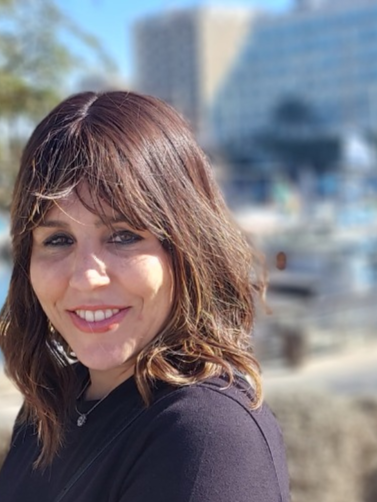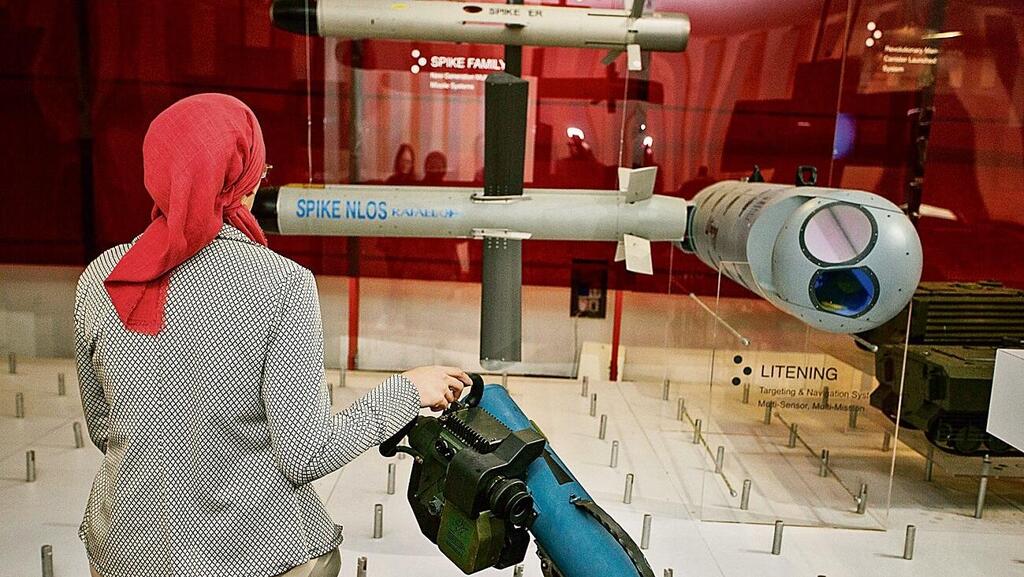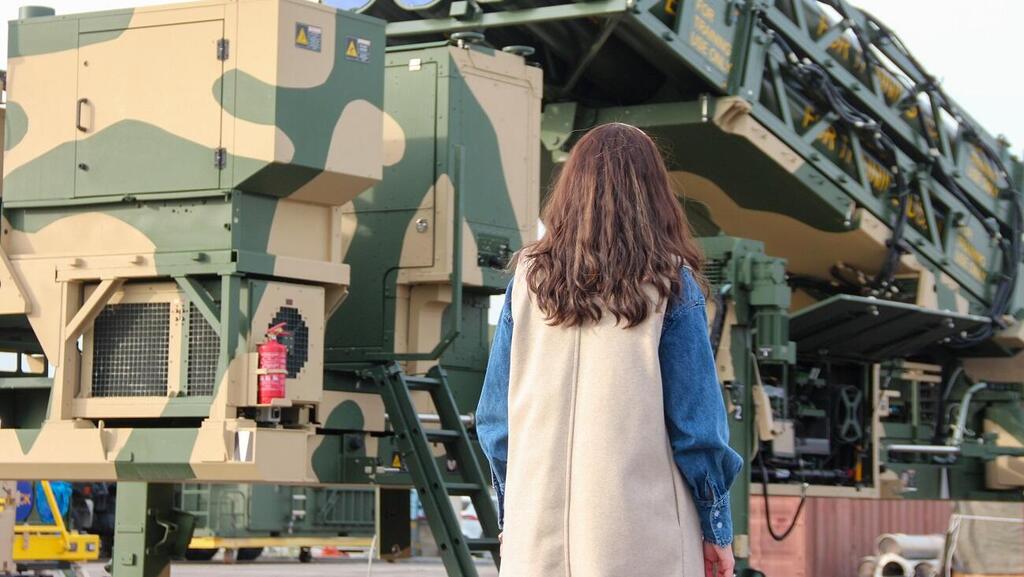Getting your Trinity Audio player ready...
There are only six days separating International Women's Day that was celebrated last Friday, to Science Day, marked on Thursday. Ironically, it is the proximity of those dates that accentuates most the gaps in incorporating women in the science professions, especially in STEM (Science, technology, engineering and Math), where women make up only 30%.
Read more:
As a woman, a doctor of neuroscience, a mother of six, a lecturer in computer science and a Haredi researcher in the field of AI, I can attest that the divide between the worlds, in perception and public sentiment, in industry and academia, has followed me through the years.
This is the place to disperse some myths. First, my decision to turn to computer science is tied directly to my Haredi background, and I am not alone. Contrary to the perception among most of the general public about the teaching of basic subjects in Haredi schools, girls there are educated in technology as a central part of the curriculum and are encouraged to pursue such subjects.
The girls learn a high level of technology equal to the highest standard of math and computer studies, and graduate with excellence and with skills and knowledge equal to any student, boy or girl, in Israel.
In fact, Haredi girls do not stigmatize computer studies as a "male subject," or say that the field of technology is "too clever for me"; quite the opposite. They know that those who are good and talented are guided toward those fields with the confidence that they are able and have the skills to succeed.
In academia and in the job market, reality is much different than the prejudice of many. Results in the field show that in the past decade, the rate of Haredi women's employment has been rising steadily. It not only equals that of the secular Jewish women but has all but achieved the stated national goal for 2030. The increase of Haredi women in academic studies is also evident and has grown from 9% to 15%, a 66% jump, although it is still lower than the rate of non-Haredi female university students.
This must be seen as another part of the trend of growing Haredi participation in academia and in the job market. This trend should be supported by the state which should emphasize quality over quantity, by allowing appropriate gender and sectorial support, to encourage Haredi women to seek technological, engineering and computer jobs that have the potential for high earnings and extensive employment opportunities.
Our ability as Haredi women to break through the glass ceiling in the field of science depends much on the general population. Industry and employers must understand the advantages of hiring a Haredi woman and mothers. Unfortunately, that is not always so. I myself have experienced the skepticism of employers over hiring a woman, a Haredi one at that, when I was in the private sector and in academia.
As someone who guides Haredi students and graduates of the ultra-Orthodox Lev College of Technology, I can testify to the difficulties of getting a Haredi woman through the door in some companies, especially amid social tensions that arise periodically and include criticism of the Haredi sector.
 Dr. Hadas Tischler
Dr. Hadas Tischler Employers don't really know our communities and are often blinded by stereotypes and prejudice and by misconceptions of Haredi women taking maternity leave too frequently, for example.
But I can also say, with pride, that once the first Haredi woman is hired, those employers understand the quality, talent and work ethics she brings, ensuring that others will then surely follow.
We will keep up hope that the public, employers, academia and Israeli society at large would be able to look past their stereotypes and prejudices and accept the achievements, high-quality and success that Haredi women have as scientists and researchers, even if they are Haredi.
- Dr. Hadas Tischler is an ultra-Orthodox researcher and computer science lecturer at the Lev Academic Center



